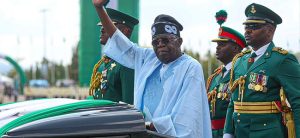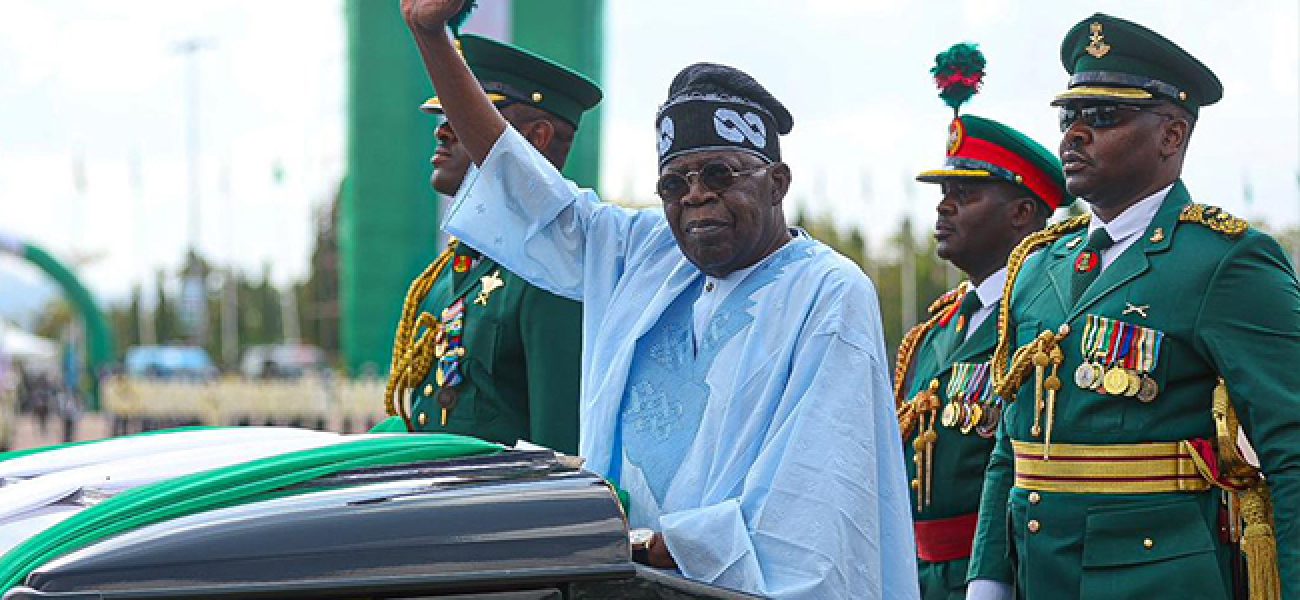
History of Political Rule in Nigeria
Nigeria’s political history is marked by colonial rule, military coups, and transitions between military and civilian governments. Below is a chronological outline of Nigeria’s political evolution:
1. Pre-Colonial Era (Before 1900)
Before British colonization, Nigeria was home to various powerful kingdoms and empires, such as:
- Kanem-Bornu Empire (9th century – 19th century)
- Hausa-Fulani Caliphate (19th century)
- Oyo Empire (14th – 19th century)
- Benin Kingdom (1180–1897)
- Igbo Traditional Societies
These societies had well-organized political structures, ranging from centralized monarchies to decentralized republican systems.
2. Colonial Rule (1900–1960)
- 1900-1914: The British controlled different regions as separate entities: the Northern Protectorate, Southern Protectorate, and Lagos Colony.
- 1914: The British amalgamated the Northern and Southern Protectorates into a single entity called Nigeria under Governor Lord Lugard.
- 1946: The Richards Constitution introduced regional government structures.
- 1954: The Lyttleton Constitution made Nigeria a federation with three regions: Northern, Western, and Eastern Regions.
- October 1, 1960: Nigeria gained independence from Britain, with Sir Abubakar Tafawa Balewa as the first Prime Minister and Dr. Nnamdi Azikiwe as Governor-General.
3. First Republic (1963–1966)
- 1963: Nigeria became a Republic, and Nnamdi Azikiwe became the first President.
- Political Parties:
- Northern People’s Congress (NPC) – dominated the North.
- National Council of Nigeria and the Cameroons (NCNC) – dominated the East.
- Action Group (AG) – dominated the West.
- 1966 Military Coup:
- January 15, 1966: The first coup was led by Major Chukwuma Kaduna Nzeogwu, assassinating top politicians.
- General Aguiyi-Ironsi became Head of State.
- July 29, 1966: A counter-coup by Northern officers led to General Yakubu Gowon becoming Head of State.
4. Military Rule & the Nigerian Civil War (1966–1979)
- 1967-1970: The Nigerian Civil War (Biafra War) was fought when the Eastern Region (led by Colonel Odumegwu Ojukwu) attempted to secede as Biafra.
- 1975: General Gowon was overthrown, and General Murtala Mohammed took over but was assassinated in 1976.
- 1976-1979: General Olusegun Obasanjo ruled and transitioned Nigeria back to civilian rule.
5. Second Republic (1979–1983)
- 1979 Elections: Alhaji Shehu Shagari (NPN) became Nigeria’s first elected President under the new U.S.-style presidential system.
- 1983 Military Coup: General Muhammadu Buhari overthrew Shagari, citing corruption.
6. Military Rule (1983–1999)
- 1983-1985: General Buhari imposed strict anti-corruption policies but was overthrown in 1985 by General Ibrahim Babangida.
- 1985-1993:
- Babangida’s regime was marked by economic reforms and political instability.
- 1993 Elections: The June 12 election, widely regarded as Nigeria’s fairest election, was won by Moshood Abiola (MKO Abiola), but Babangida annulled the results.
- This led to protests and forced Babangida to step down.
- 1993-1998: General Sani Abacha ruled with an iron grip, suppressing opposition and jailing pro-democracy activists.
- 1998-1999: General Abdulsalami Abubakar took over after Abacha’s sudden death and transitioned to civilian rule.
7. Fourth Republic (1999–Present)
Democratic Era Begins (1999-Present)
- 1999-2007: Olusegun Obasanjo (PDP) was elected and re-elected, restoring democracy.
- 2007-2010: Umaru Musa Yar’Adua (PDP) won but died in office in 2010. His Vice President, Goodluck Jonathan, took over.
- 2011-2015: Goodluck Jonathan (PDP) was elected but lost in 2015.
- 2015-2023: Muhammadu Buhari (APC) won and was re-elected in 2019.
- 2023-Present: Bola Ahmed Tinubu (APC) became President after winning the 2023 elections.
Conclusion
Nigeria’s political history is shaped by colonial legacies, military interventions, civil conflict, and democratic transitions. Since 1999, democracy has remained stable despite challenges such as corruption, electoral disputes, and security threats.
